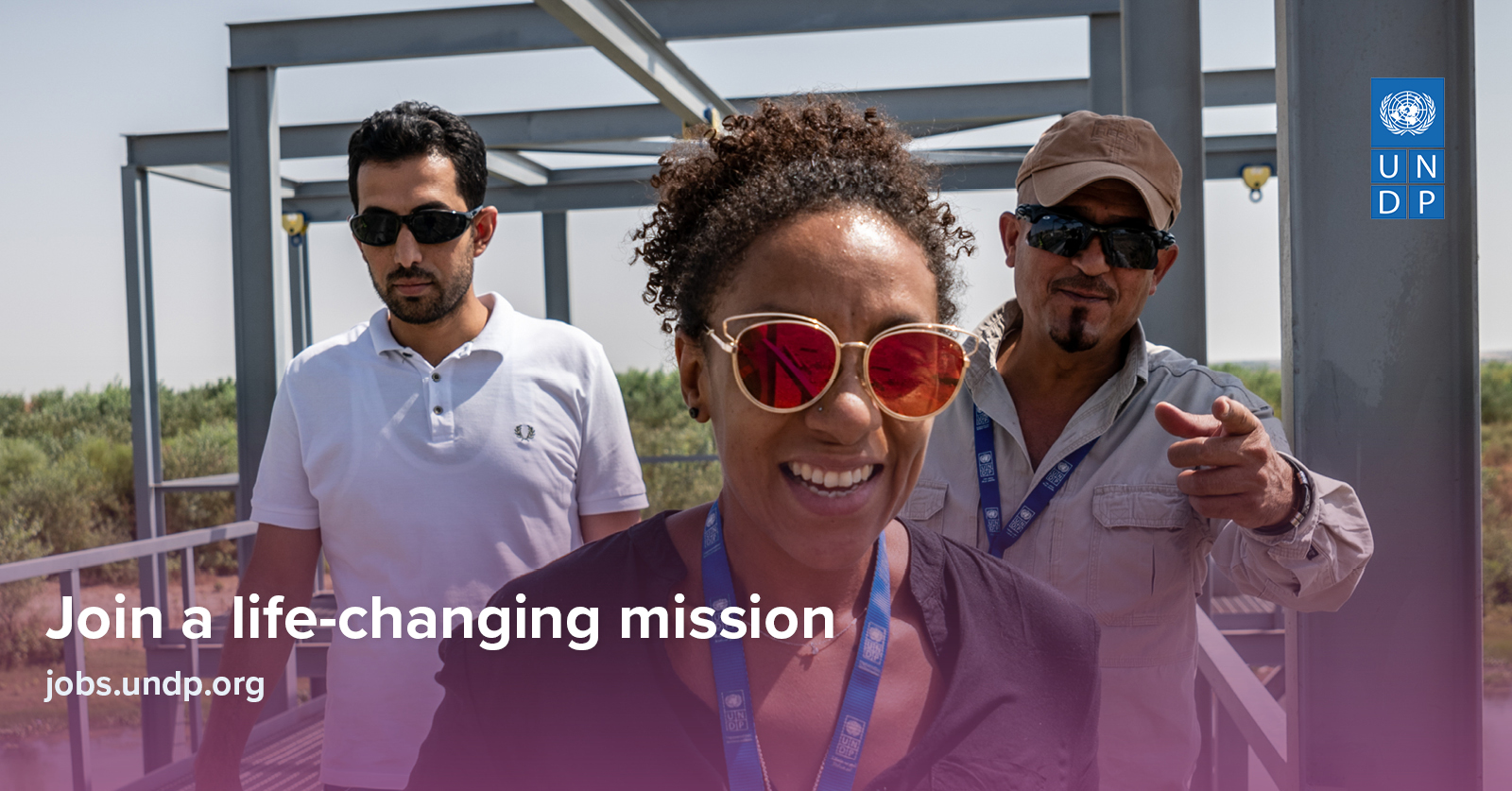
Civil-society activists have an important role to play in bringing delinked communities into national political discussions. This entails both engaging communities more actively in relation to the local costs of elite rent-seeking behaviour (for example, the denuding of local forests through the sale of permits at national level) and the wider documentation of elite predation on national development (and its implications, for example, for the health or education sectors).
Civil-society institutions in Guinea-Bissau, however, remain weakly developed and underfunded. Nevertheless, academia, community organizations and the media are important elements in the debate about the future of the country. One critical challenge is to ensure that institutions of civil society are not entirely pulled into the discourse of political parties and that a core neutral body of analysis shapes the discussion, including around the nature of the economy and the role of the political elite themselves.
Longer-term political stability must also include countering populist rhetoric, which has become increasingly manifested in attempts to exploit religious and ethnic differences in a society that has otherwise long shown an impressive degree of multicultural unity, the result of historical factors, including the struggle against colonial rule.
While organized crime and criminal government are a feature of both developed and developing economies, it is arguably in the least developed countries (LDCs) that the implications are most serious. The presence of the state and its institutions are limited, and the resilience of communities are rendered vulnerable by a range of threats. Both of these realities are amplified and exacerbated by the predatory illicit economies.
The particular structural conditions of the illicit economy in Guinea-Bissau will benefit from a drive to achieve greater openness and debate on the factors underlying the illicit economy, in parallel with any attempt to reinforce state institutional and regulatory responses. To achieve this, the civil-society observatory of the illicit economy in Guinea-Bissau will seek to link local communities and the proponents of political reform, by providing objective research and analysis, sourced from community and civil-society networks, which focuses on the nature and damaging impact of the illicit economy in Guinea-Bissau.
UNDP project is pioneering the development of regular reporting on organised crime and illicit market trends in Guinea-Bissau. The project experience in regular reporting and analysis allows us to influence decision makers about the nature, extent and priorities in the organised crime debate. It also allows key stakeholders and field networks and analysts to remain on top of unfolding developments, shaping the writing of more targeted and better analysed longer-term reports.
High quality analysis and reporting which is sourced from Guinea-Bissau is therefore a crucial addition to the current regional debate, providing new insights into developments.
Phase II of the Observatory would expand the current system of regular reporting and civil society engagement from Guinea-Bissau, into key areas of Senegal, The Gambia, and Guinea.
It would also incorporate a renewed focus on the impacts of trafficking dynamics on stability across the countries of focus. The need for this expanded scope was identified through the phase I developed work of the Observatory, and through close monitoring of unfolding developments in the region.
Objective of the assignment
The purpose of this consultancy is to contribute to keep on developing the built CSOs grant scheme and network, to contribute to expand partnerships and the strengthening of CSOs working on anti-transnational organized crime, to improve high quality analysis offering new insights into developments in the sub-region, namely Guinea- Bissau, Guinea-Conakry, Senegal and The Gambia.

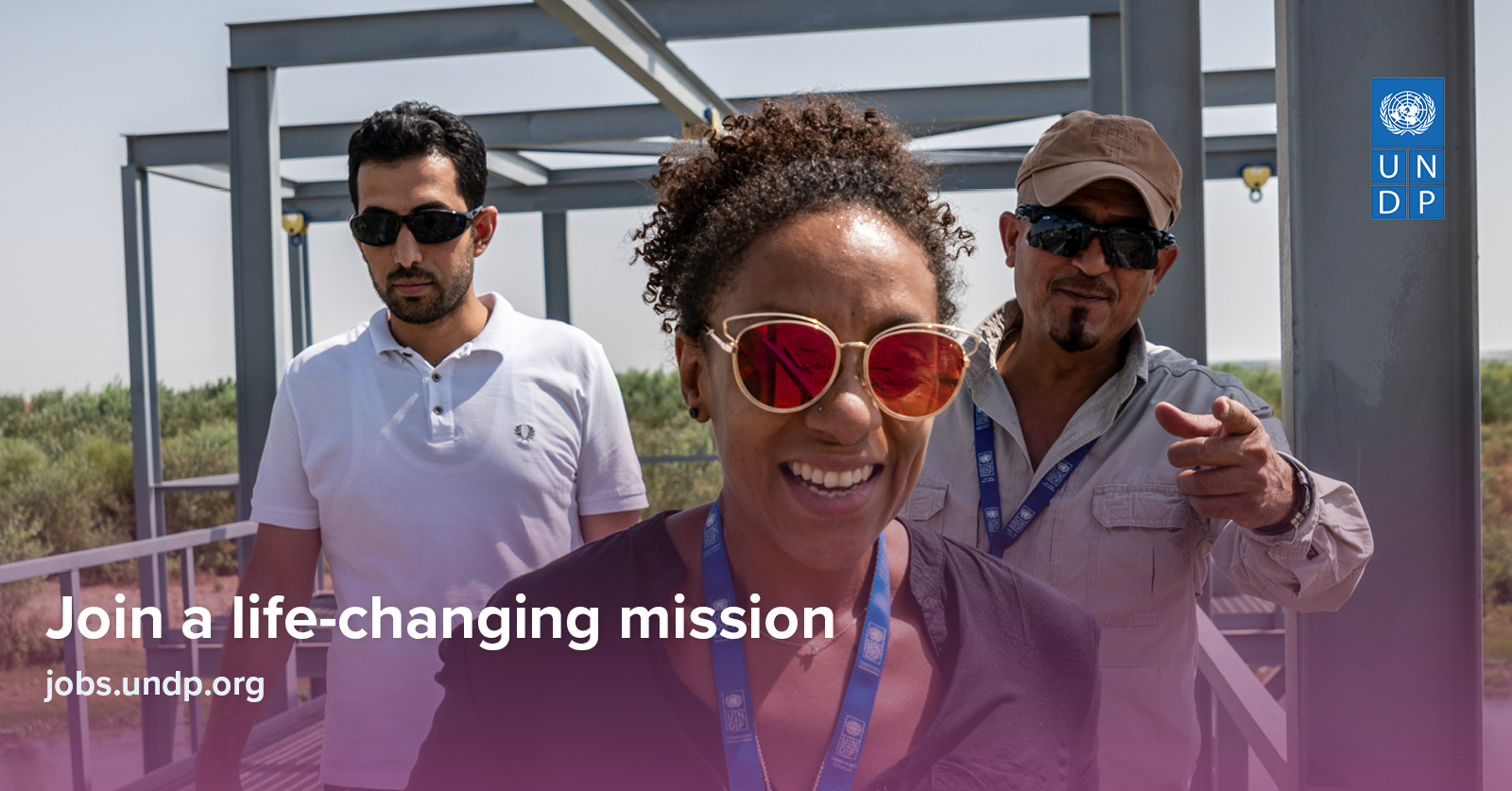
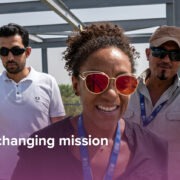
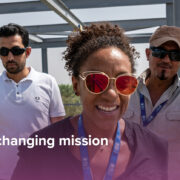

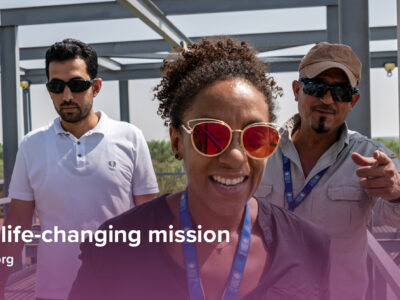

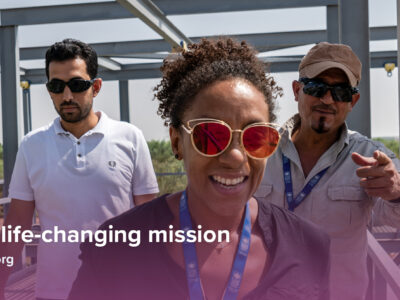


Comments